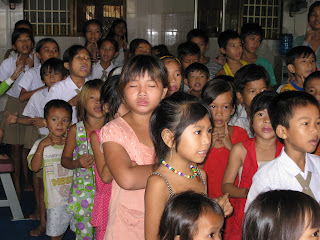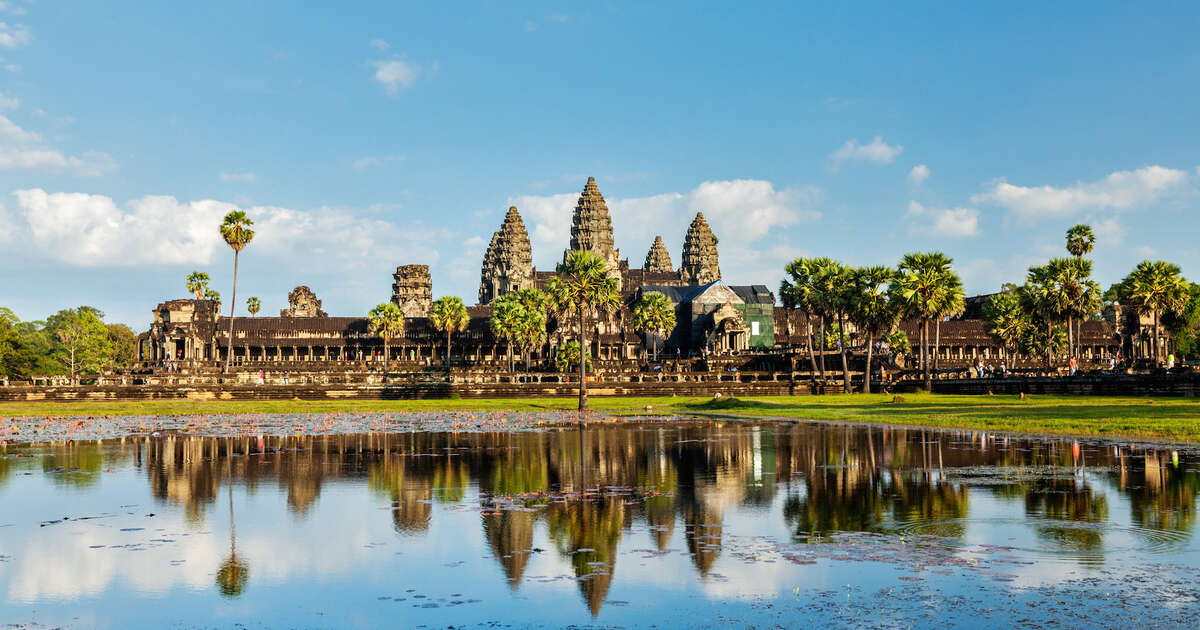


The CFF emerged in November 1998 following a spate of political violence that forced many influential Cambodians to flee the country. The CFF's exact size is not known, but the group probably has never had more than 100 armed fighters, according to U.S. The rebels operate mainly in northeastern Cambodia near the Thai border.

They are funded by contributions from the Cambodian-American community. Little is known about the CFF's political views beyond its aim of overthrowing the Cambodian Government, although the group claims that Prime Minister Hun Sen's Government is a Vietnamese puppet regime. Vietnam installed Hun Sen as Cambodia's ruler in 1979, and the prime minister, who has since held multiparty elections, is widely seen as being strongly pro-Hanoi. The CFF's ranks include Cambodian-Americans based in Thailand and the United States and former soldiers from the separatist Khmer Rouge, Cambodia's regular army, and various political factions, according to the State Department. The CFF made headlines in November 2000 when it claimed responsibility for a nighttime raid on several Government facilities in Phnom Penh in which 8 people were killed and 14 others injured.

Prior to the November 2000 attacks, five CFF members were arrested in April 1999 for plotting to blow up a fuel depot outside Phnom Penh with anti-tank weapons. Since then, Cambodian courts have jailed several dozen people for their roles in the attacks in trials that have been widely criticized as unfair.ĭuring the arrests of CFF suspects after the November 2000 raids, Cambodian human rights groups and opposition political parties accused the Government of arbitrarily arresting and jailing several legitimate party figures on charges of being CFF members. In December 2000, Human Rights Watch reported that, within two weeks after the November attacks, over 200 people had been arrested all over Cambodia, most without a warrant ().


 0 kommentar(er)
0 kommentar(er)
